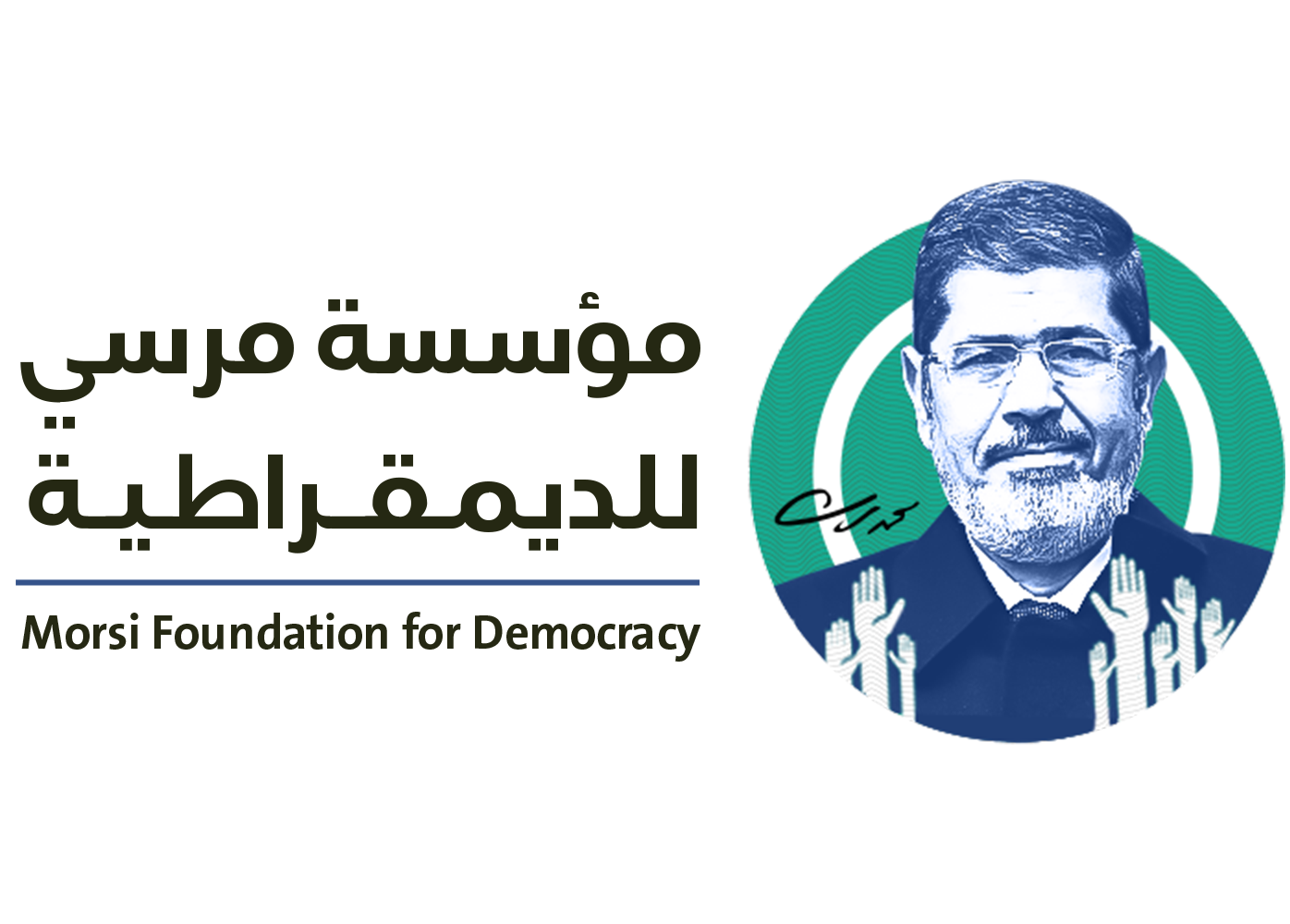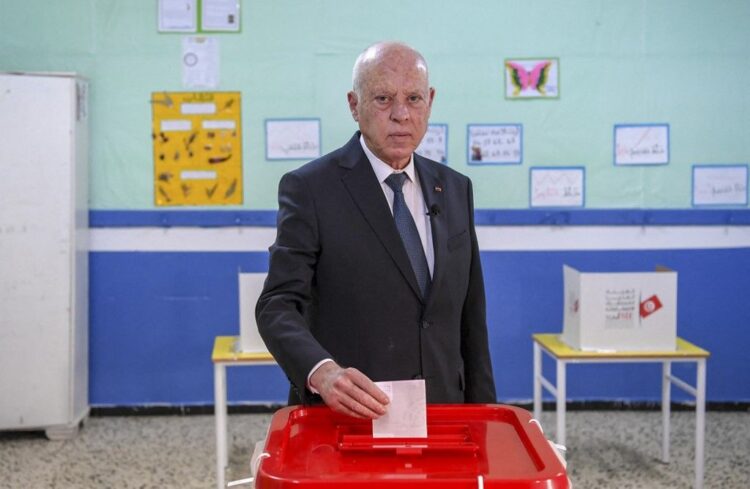Tunisian President Kais Saied called for a different reading of the low voter turnout in the run-off legislative elections, considering that he has more popular support than the opposition, at a time when the opposition called for his resignation and early presidential elections.
President Saied said that the turnout for the recent elections should be read differently, as 90% did not participate in the vote because Parliament no longer means anything to them and they no longer have confidence in it, as he put it.
The Tunisian president also carried out a partial cabinet reshuffle in the government without explaining the reasons, as he dismissed the Minister of Education and the Minister of Agriculture, Water Resources and Marine Fishing, and appointed two successors for them.
In a press conference on Sunday evening, shortly after the High Elections Authority announced a turnout of around 11%, the head of the opposition National Salvation Front, Ahmed Najib Chebbi, called for the departure of President Saied and the organization of early presidential elections, which would be a first step for a complete reform path.
Chebbi indicated that 90% of Tunisians turned their backs on the electoral process, which he described as a complete failure for Said, saying that the front would not recognize this process, which took place in light of political division and an economic and living crisis.
The head of the Salvation Front urged the political and civil forces to unite in order to “bring about the desired change represented in the departure of the president and the holding of early elections,” and appealed to 3 organizations that are currently working on formulating an initiative to get out of the crisis, which is the Tunisian General Labor Union (the largest labor union in the country). and the Bar Association and the Human Rights League, in order to form a new political leadership.
In turn, the Ennahda movement in Tunisia called for the resignation of the Tunisian president, and to allow early presidential elections to be held.
The movement said – in a statement – that “Kais Saied’s parliament only expresses the minority of the minority and does not have the right to exercise legislative power in the name of the people.”
The head of the Elections Commission, Farouk Bouaskar, announced that the final polling rate in the run-off for the legislative elections amounted to 11.4%, and he acknowledged the low participation rate, calling for a substantive discussion on that.
For its part, 5 other Tunisian opposition parties – the Democratic Current, Qutb, Republican, Workers’ and Ettakatol – called for an immediate halt to what they called the “coup”.
The five parties said, in a joint statement, that the parliament emanating from what they described as the farce of the new elections lacks legitimacy, and is one of the titles of the crisis.
It added that a sham parliament without legislative or oversight powers would only be decoration without influence on public policies.
Tunisia has been witnessing a deep political crisis since the Tunisian president announced, on July 25, 2021, the exceptional measures that allow him to acquire most of the powers.
Under these exceptional powers, Saied dissolved the government and parliament, and transformed the parliamentary system into a presidential one. He also issued a new constitution last summer that gives the head of state wide powers in exchange for a parliament with almost non-existent powers.



